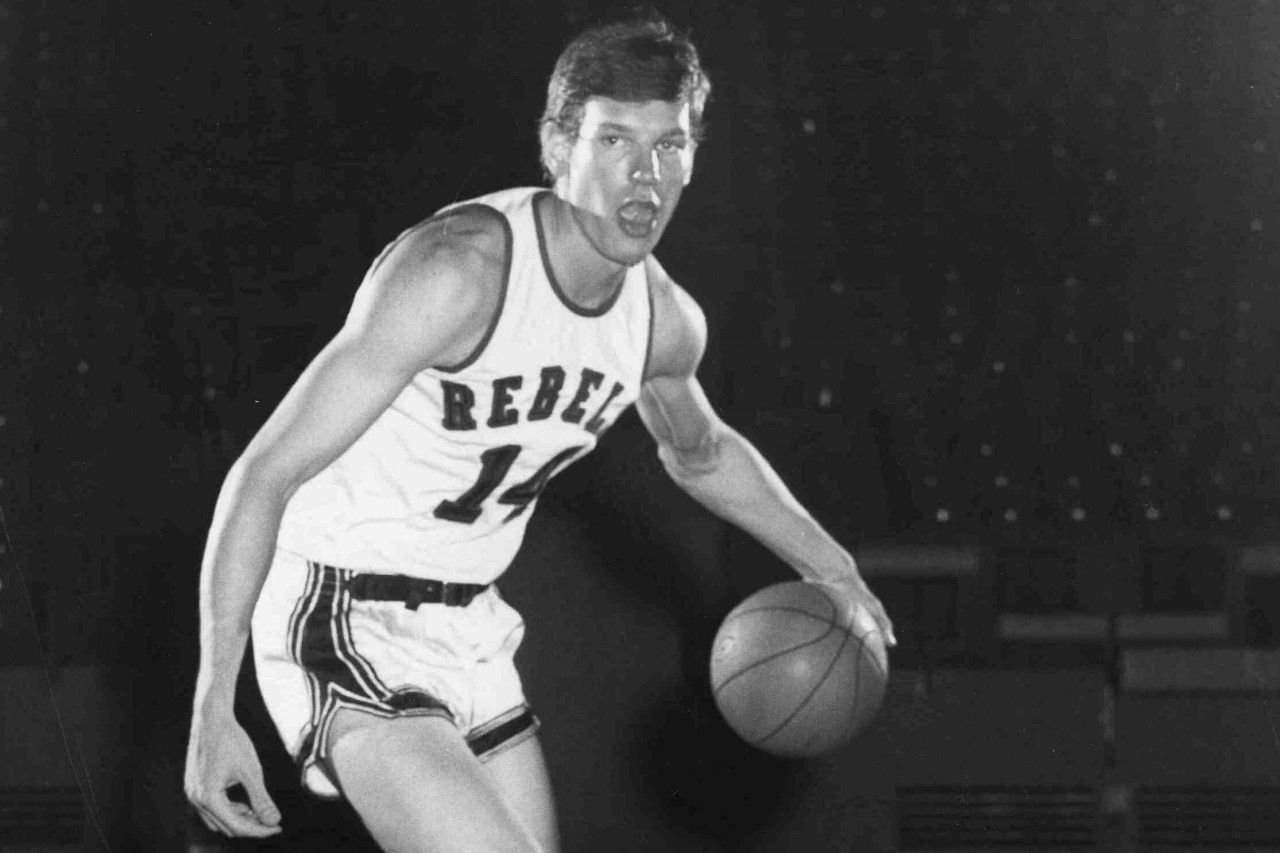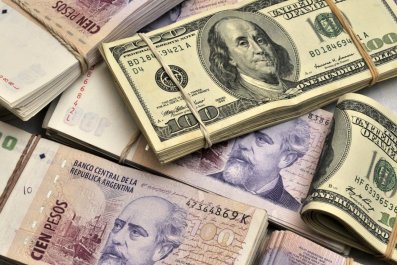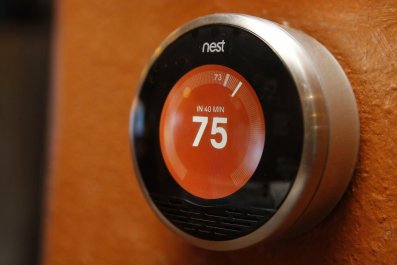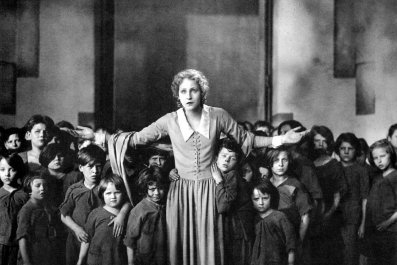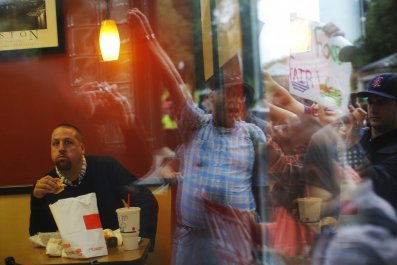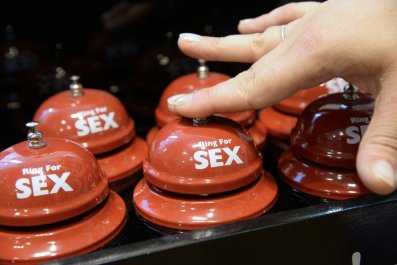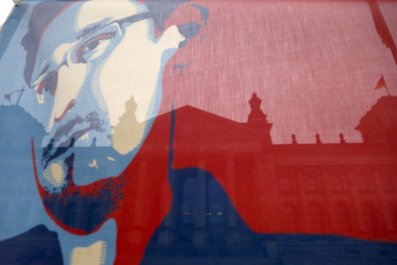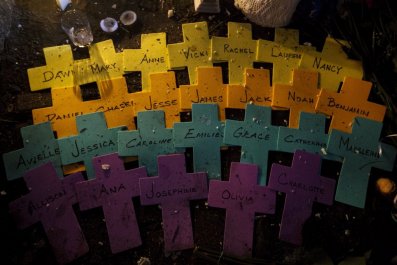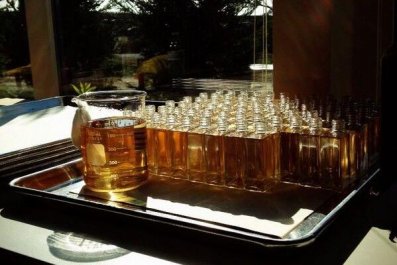Carl John Neumann sounds a lot like the typical college undergrad. A sophomore at the University of Mississippi, Neumann says he's "flat broke." He also has some issues with his grade-point average, specifically his report card from his last spring semester.
"They gave me five 'F's', four of 'em in P.E. courses," says Neumann, whose GPA is hovering around 2.5, "when what they should have given me were incompletes. I didn't flunk. I dropped out of school."
Indeed, he did. A long time ago.
You may know him as Johnny Neumann if you know him at all, which you should. In 1971 Neumann, in his first and only season of varsity college basketball for the University of Mississippi Rebels, led the nation in scoring with a 40.1 points per game average. This was before the advent of the three-point arc. Before the introduction of the shot clock.
"I coulda scored more than 40 per game," says Neumann, who was then a six-foot-six sophomore guard (freshmen were ineligible). No less an eminence than Kentucky coach Adolph Rupp declared him to be "as good now as Pete was as a senior."
'Pete' was Pete Maravich. Pistol Pete, who had graduated from LSU the year before after leading the nation with a 44.5 points per game scoring average, which remains the record for Division I. In Neumann's only game at LSU, on January 30, 1971, he dropped 63 on the Tigers.
One month later, with two games remaining in the Rebels' season, Neumann, 19, left Oxford, Miss., for a five-year, $2 million contract with the Memphis Pros of the now-defunct American Basketball Association. The path of Neumann's academic sabbatical runs through 43 years; five ABA and three NBA franchises (as a player); at least 10 countries (as a coach); and includes five children and one grandchild.
Today, Neumann is back on campus, working for his degree. He is 63 years old. Pulling a 15-hour course load at Ole Miss. And doing so in complete anonymity. He is a legend, and a myth.
"We live in married student housing," says Neumann of he, his wife, Liliana, and his 6-year-old daughter, Esmeralda. "I get a social security check for $847 per month, and I have full Medicaid insurance for my daughter, so she's taken care of."
Terry Pluto, in his hilarious history of the ABA, Loose Balls, wrote: "Perhaps no ABA player made less of more than Johnny Neumann."
Johnny Cool, as he was known, scored 33 points in his first ABA game - coming off the bench. He was also an undisciplined and immature kid, standing off to the side during team huddles. "Things came so easily to me," says Neumann, "that I didn't feel the need to work any harder. God blessed me, but I squandered all of that talent."
Squandered the money, too. Cars, women and weed. "I smoked marijuana; that was our era," explains Neumann, who reportedly once became so unnerved while headed to a mandatory drug test that he smoked a joint to settle down. "I blew a lot of my money because I was getting it so easy and I thought it would last forever."
Good times? he is asked.
"Too good," he says.
Esmeralda suffers from nephrotic syndrome, a rare but potentially fatal disorder. Neumann and his wife decided to return to the States from Europe, where he was coaching the Romanian national team, in order to provide her with the best possible care.
"My daughter is the main reason I came back, but I was also embarrassed," says Neumann, who once owned seven cars. "I have unfinished business. I want other athletes to see how important a degree is. I'm on food stamps now."
Every morning, when the dean of students at King-Chavez Community High School in downtown San Diego walks from his car to his office, he strolls down memory lane. Past the gym where he once dropped 54 points on Hank Gathers, Bo Kimble and the rest of a Loyola Marymount squad that advanced to the Elite Eight of the NCAA tournament. Along the same sidewalks on A Street where he spent the summer of 1991 as a homeless vagrant.
"When I first arrived here for a job interview," says Kevin Bradshaw, "I thought, Oh my God, you have to be kidding me."
On a winter's night in 1991, Bradshaw, then a senior at U.S. International University, scored 72 points in a 186-140 loss to Loyola Marymount (his 54-point game took place one year earlier). It would be the highlight of a season in which Bradshaw, playing for a San Diego school that had already declared bankruptcy and no longer even had an athletic department, averaged a Division I-best 37.6 points per game.
"I didn't know anything about the record," says Bradshaw, 48, who broke Maravich's single-game mark of 69 points. "Didn't even know who Pete Maravich was."
About five minutes remained in the game when, during a timeout, Bradshaw's coach, Gary Zarecky, told him, "Keep shooting it, you're so close to making history."
"What are you talking about?" asked Bradshaw.
"Just shoot it," said Zarecky.
And so Bradshaw, a six-foot-six guard who had started on the same U.S. Navy team as future NBA Hall of Famer David Robinson, did. Only later would he learn that he had eclipsed Maravich's mark three years to the day - January 5 - after Maravich's death.
"I didn't understand the magnitude of what I had done until the next morning," says Bradshaw. "First, the interview requests. Then there was hate mail. Death threats. People were mad that I had broken Pete's record, as if the game wasn't legitimate. That spring I went to Portsmouth [Va.], where they hold the NBA camp for draft hopefuls, and I got treated like crap."
There were two rounds in the 1991 NBA draft. Fifty-four players were selected. Kevin Bradshaw was not among them. No team even invited him to its rookie camp as a free agent. "No one would even return my calls," says Bradshaw, who was 25 and a Navy veteran. "Now, you're more focused on being depressed."
The following day, his fiancée walked out on him.
"I had no place to live that summer until the dorms reopened," says Bradshaw, who still needed one more academic year of classes to graduate. "I slept on the streets. I contemplated suicide a number of times. It was David Robinson who prodded me to finish up my degree."
Stories, like toddlers, tend to wander off in unintended directions. The original angle for this piece was fairly pedestrian: How come no one who has led Division I men's basketball in scoring has averaged 30 points per game in the past 18 seasons? It's a more vexing question when you consider that between 1953 and 1980, before the three-point line, before the shot clock, and before the proliferation of the highest percentage shot in the game - the dunk - no national scoring leader averaged less than 29.5 points per game.
The search led to Bradshaw, the last man to average more than 31 per game; and to Neumann, the last to average more than 40. The search also led to a richer story.
Neumann is evangelical in his mission to steer today's Diaper Dandies, all of whom have less pure basketball talent than he did, away from the path he took. "I did this to myself," he says. "I don't want anyone messing up their lives the way I did."
And Neumann, who was so defiant that when his coach in Memphis accused him of being a ball hog went out the next night and got 22 assists, is humbled. "I feel blessed," Neumann says. "Hell, I'm just as happy now as when I was driving a Ferrari."
As for Bradshaw, he found resurrection in the very place where it was invented: Israel. After graduation, an agent called and told him a team was "looking for a scorer" and off he went. Bradshaw would spent 16 years playing and later coaching in the Holy Land. He once scored 101 points in a game and no one admonished him for it.
"Well, we won that game," Bradshaw says.
One year Bradshaw found himself playing with Hapoel Tel Aviv. Midway through the season the team underwent a coaching change. The owner brought in an American, a man about Bradshaw's height who when he met his new players thought it best to apprise them of his background as a player.
"I remember him coming in and telling us what he'd done in college, how he'd led the nation in scoring," says Bradshaw. "And I'm thinking, You have no idea what I did in college."
That coach, of course, was Johnny Neumann.
Kevin Bradshaw now shepherds high school students, nearly all of them from minority or at-risk backgrounds, in his role at King-Chavez. The bitterness of never having been drafted, of never having played a minute in the NBA, has dissolved with the years.
"I am at peace now," says Bradshaw, who is married and has a 9-year-old son. "I have the best job in the world: trying to steer young people in the right direction."
Johnny Neumann and Kevin Bradshaw, two of the most gifted college scorers who ever lived. Regret. Redemption. They are still setting their feet, squaring their shoulders, their lives at last tracing that true arc that only the purest of shooters ever know.



